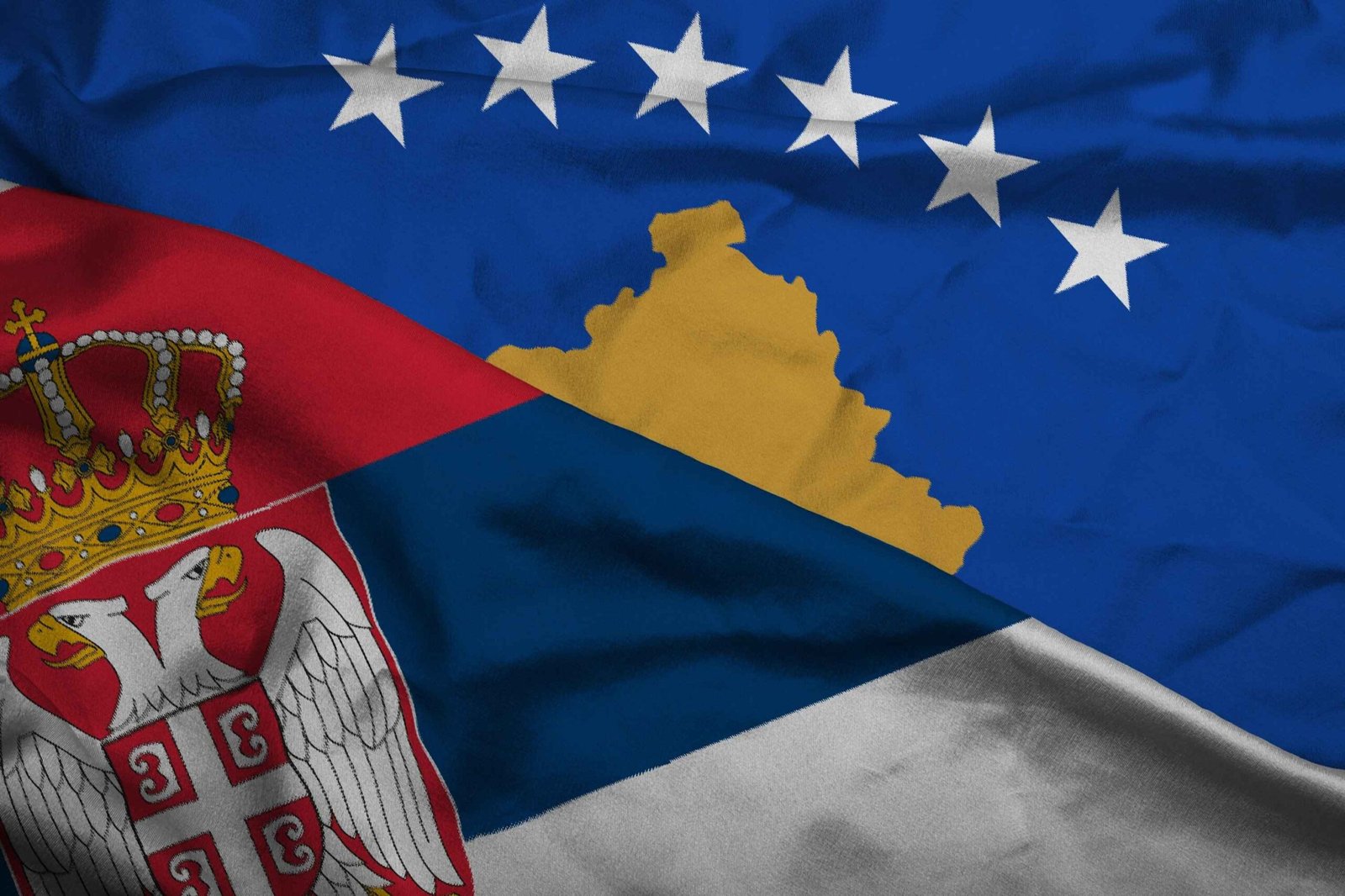Since 2011, Kosovo and Serbia have been engaged in EU-led negotiations to normalize relations and resolve disputes. These dialogues have led to numerous agreements, both political and technical. However, Serbia has been criticized for not fully complying with these agreements, and tensions between the two countries have persisted, leading to several violent incidents.
Key Agreements and Serbia’s Non-Compliance
- Brussels Agreement (2013):
- Overview: This was a landmark agreement aimed at normalizing relations, including the establishment of the Association of Serb-majority Municipalities and integrating Kosovo Serb police and judiciary into Kosovo’s system.
- Non-Compliance: Serbia has been accused of delaying the implementation of the Association of Serb-majority Municipalities, which has hindered the full integration of Kosovo Serbs into Kosovo’s legal framework【9†source】【10†source】.
- Technical Agreements (2011-2016):
- Overview: These agreements addressed practical issues like border management, university diploma recognition, and customs.
- Non-Compliance: Serbia has often been reluctant to fully implement these agreements, leading to continued tensions at border crossings and in areas like mutual recognition of documents and diplomas【11†source】.
- Economic Normalization Agreement (2020):
- Overview: This agreement, brokered by the U.S., focused on economic cooperation, including infrastructure projects and mutual recognition in areas like energy and telecommunications.
- Non-Compliance: While Kosovo has taken steps to honor the agreement, Serbia has been slow to follow through, particularly in recognizing Kosovo’s international status and ensuring the functionality of economic initiatives agreed upon【10†source】.
- Freedom of Movement (2011):
- Overview: This agreement allowed citizens to travel freely between Kosovo and Serbia.
- Non-Compliance: Despite the agreement, there have been numerous instances where Serbia has imposed restrictions on Kosovo citizens, particularly in cases involving Kosovo-issued documents or license plates【9†source】.
- Agreement on Justice (2015):
- Overview: This agreement involved integrating Kosovo Serb judges and prosecutors into Kosovo’s judiciary.
- Non-Compliance: Serbia’s lack of cooperation in fully integrating these officials has led to a dysfunctional judiciary in Serb-majority areas, complicating law enforcement and legal proceedings【10†source】.
- Energy Agreement (2013, 2020):
- Overview: Aimed at regulating and supplying electricity in northern Kosovo.
- Non-Compliance: Serbia has continued to interfere with energy distribution in northern Kosovo, leading to repeated disruptions in the power supply【10†source】.
- Telecommunications Agreement (2013):
- Overview: This allowed Kosovo to have its own international dialing code, with Serbia operating a telecom service within Kosovo.
- Non-Compliance: Serbia has delayed steps to fully operationalize Kosovo’s international dialing code and continues to exert influence over telecom services in Kosovo【10†source】.
Instances of Aggression and Unrest
Despite these agreements, Serbia has not only failed to comply but has also been involved in actions that escalate tensions:
- Bajnska Attack (2023): Serbian armed groups attacked a Kosovo police unit, leading to the death of an officer and escalating tensions between the two countries. This attack was widely condemned as a terrorist act and a direct violation of the spirit of the agreements【9†source】.
- Ongoing Unrest: Serbia has been implicated in supporting unrest and violence in northern Kosovo, often inciting the local Serb population against the Kosovo authorities. This includes blockades, protests, and other forms of resistance that disrupt normalcy in the region【11†source】.
Conclusion
The agreements between Kosovo and Serbia were intended to pave the way for peaceful coexistence and cooperation, but Serbia’s consistent non-compliance has prevented meaningful progress. The situation remains tense, with ongoing disputes and incidents of violence that undermine the normalization process. Continued international mediation is essential to address these issues and move toward a stable and peaceful resolution.







